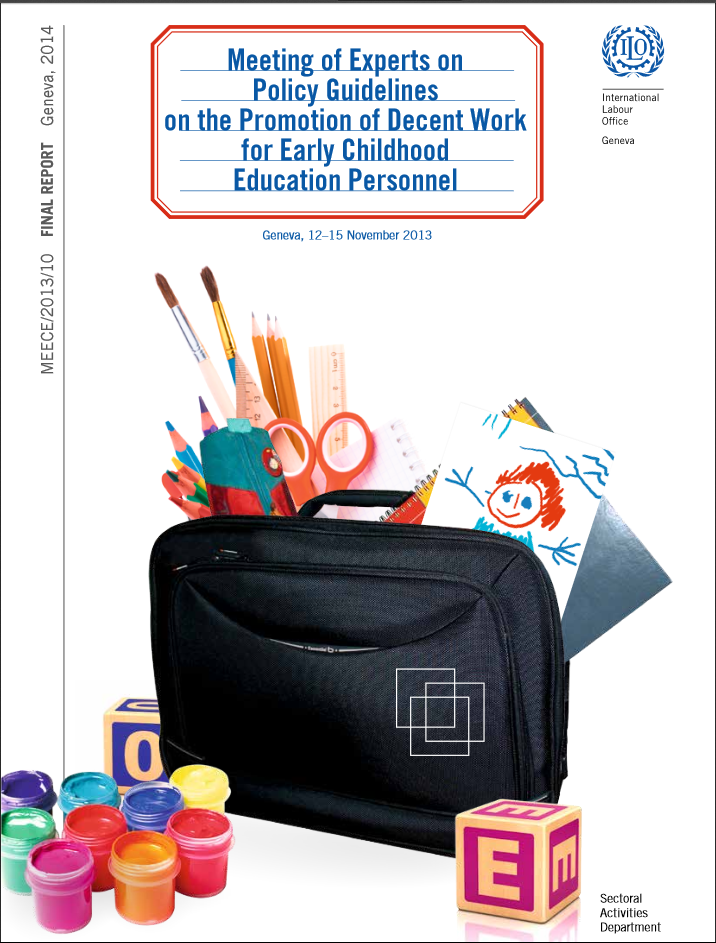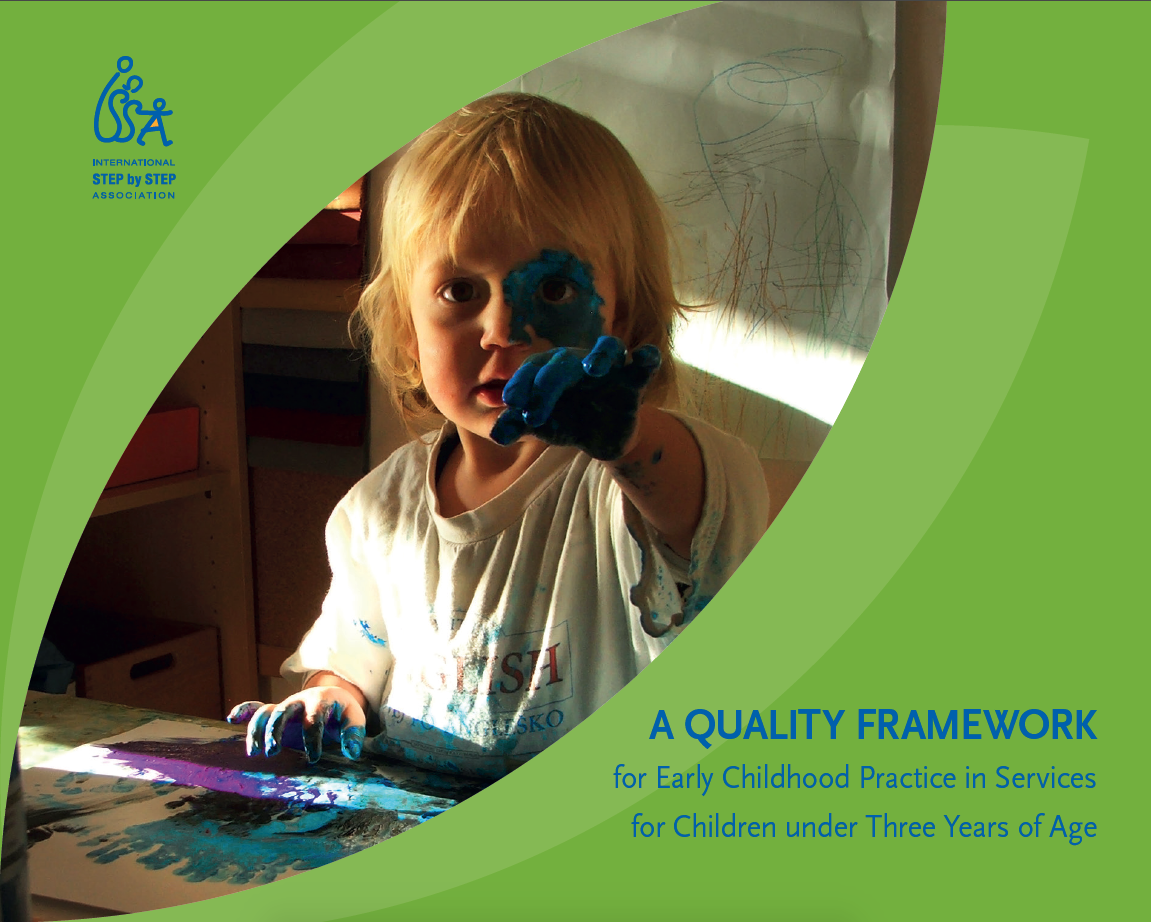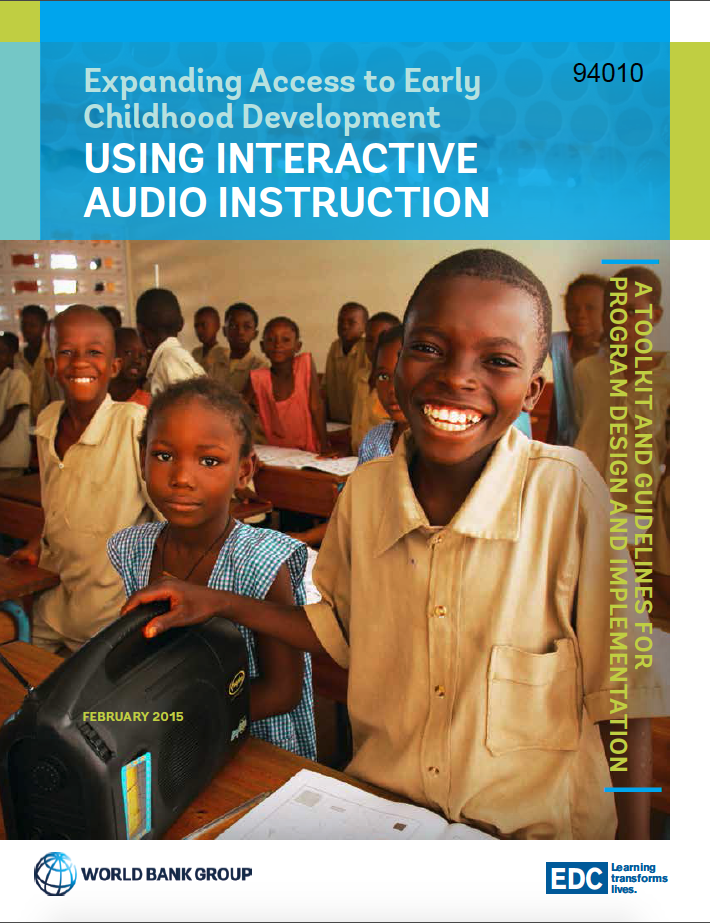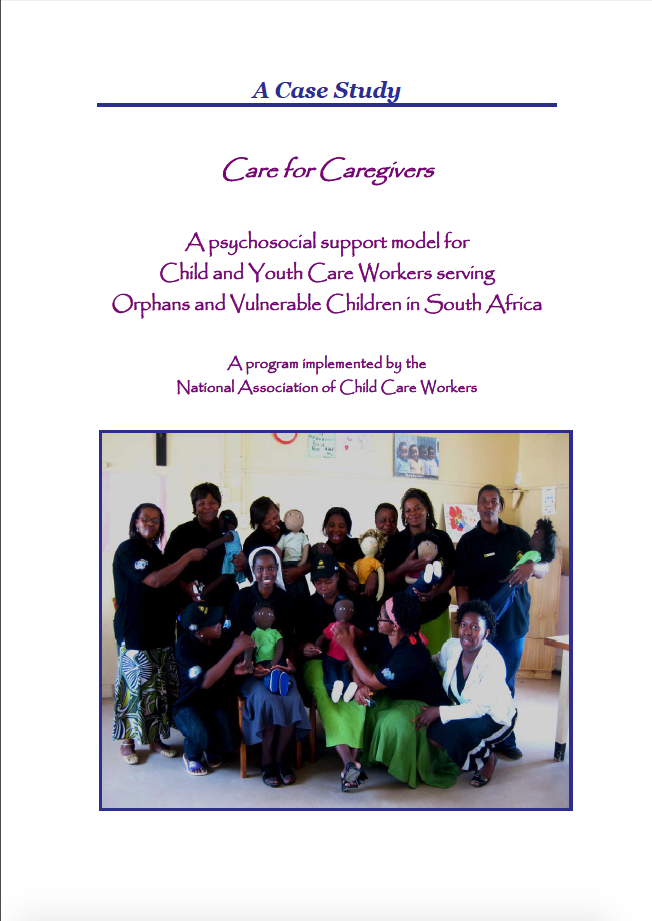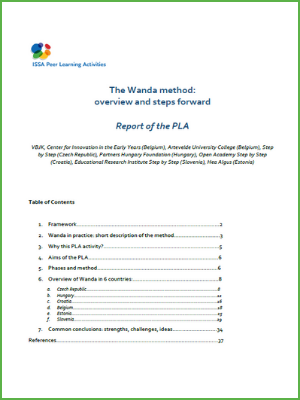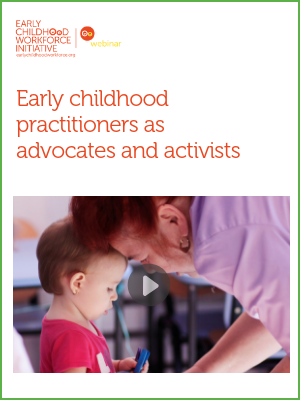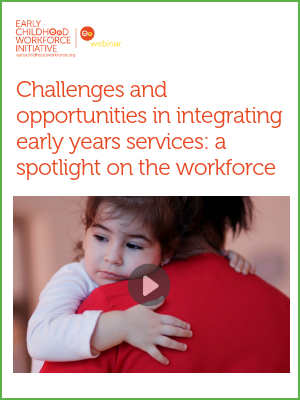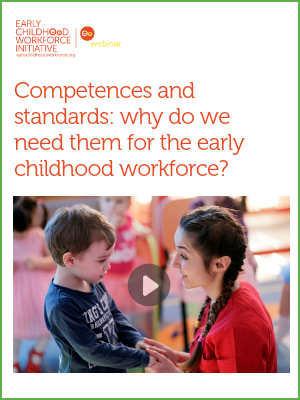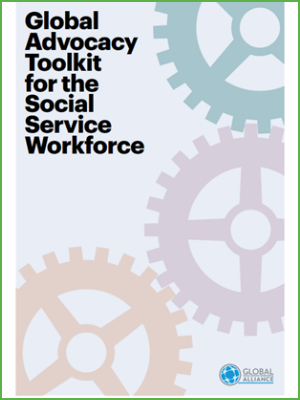NASW Practice Standards & Guidelines
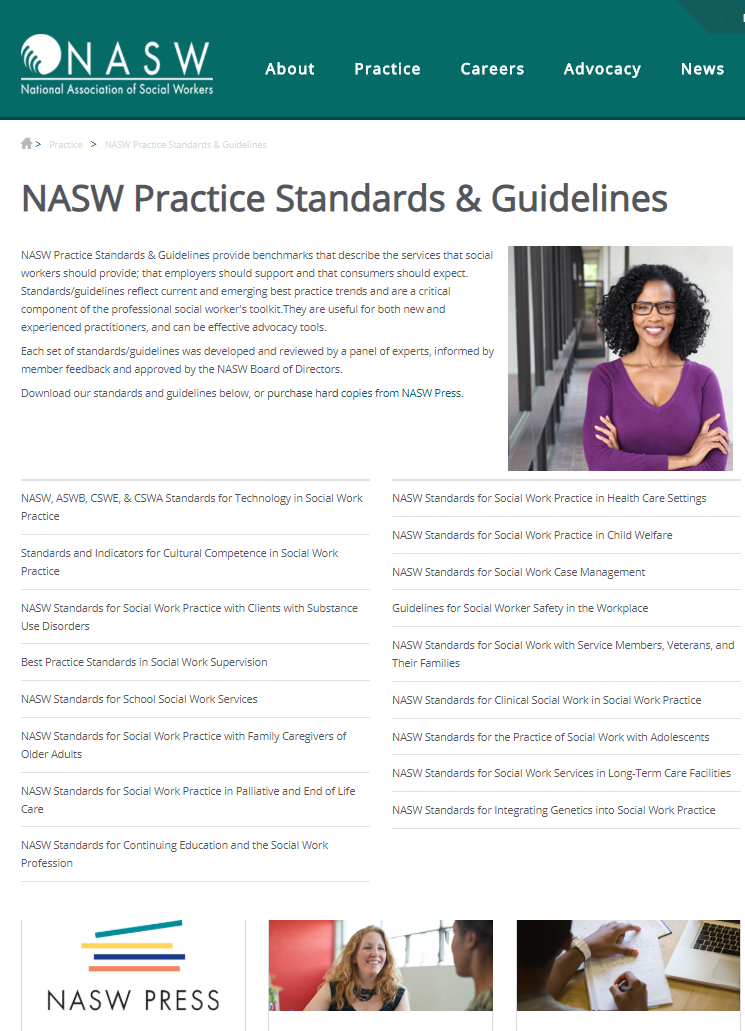
The National Association of Social Workers, has developed the Practice Standards & Guidelines which provide benchmarks that describe the services that social workers should provide; that employers should support and that consumers should expect. Standards/guidelines reflect current and emerging best practice trends and are a critical component of the professional social worker's toolkit. They are useful for both new and experienced practitioners, and can be effective advocacy tools. The Association has developed different sets of Practice Standards and Guidelines, in order to present the sector that social workers are working.
Publication:NASW - National Association of Social Workers
NASW Practice Standards & Guidelines

